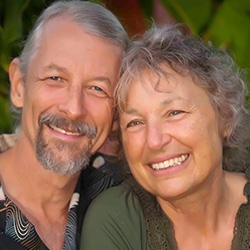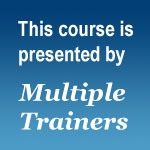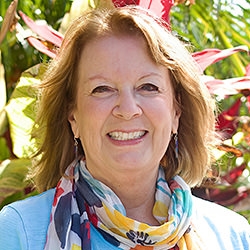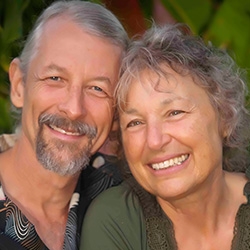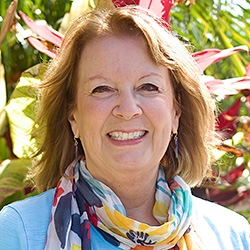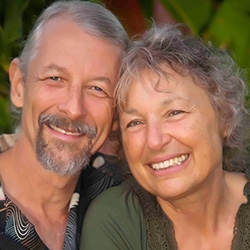

Search Results: relationships
-
This telecourse recording is for anyone wanting to integrate empathy into his/her life in a more natural, authentic way.
-
Although we are evolutionarily designed for collaborating with others when attending to our basic needs, the weight of the systems and cultural messages we have inherited interfere. Many of us are doubtful that collaboration is possible or effective, and most of us lack both the faith and the skills to live collaboratively, regardless of cultural imperatives. Miki helps us navigate this terrain.
-
Don’t know how to effectively work through differences with others in your organization? You are not alone… Like most of us, you simply lack the training and skills – and that’s what you’ll acquire listening to this course recording. Join Miki and learn specific tools and tips that work – for everyone!
-
Jori explains three layers of empathy and how distinguishing them deepens daily practice.
-
Ask the Trainer: Finding ease and authenticity when writing to someone with cancer.
-
Ask the Trainer: Can all needs be met when illness limits the capacity of one person to meet the needs of her partner?
-
Ask the Trainer: How do I respond to people who believe that consequences are necessary to change behavior?
-
Ask the Trainer: Is it a good idea to use NVC on persistent guilt, anger or depression without the aid of others?
-
Transforming organizational culture requires attention and change at the systemic level. Learn which systems are crucial for any organization to establish and clarify whether that organization is collaborative or not, and then learn how to create and strengthen a collaborative organization.
-
In a recent vacation in a Mexican village, I was surprised to find myself in the midst of a community in mourning. Two days before I came, a 21-year-old girl had died in a car accident. Everyone in the town knew her and was openly affected by her death.
-
Listen to this captivating story by Leo Sofer. A strong blacksmith comes to the aid of a little girl when she needs protecting. But can he protect her from the harsh words she speaks to herself inside her head?
-
Listen to this 4-session telecourse recording with CNVC Certified Trainer, Hema Pokharna, PhD and her sister, Manda Pokharna, MD, and you will learn simple steps for transforming conflicts and mobilizing peace at home, at work and in the world.
-
Historically, work, education, resources, land, animals, and relationships were intertwined, shattered by capitalism and industrialization. We transitioned from communal self-sufficiency to individualism, industry, and smaller families. To avert extinction and thrive, we need to reconstruct social systems, emphasizing the commons, uniting communities with the land and resources in interdependent, regenerative harmony.
-
Trainer Tip: When we withhold our truth or lie, we can create emotional and physical distance in our relationships. By being honest, we can strengthen relationships. And when someone doesn’t appreciate your honesty, try empathizing with them. It can help to notice how your actions stimulate feelings in other people -- even as they are not the cause of their feelings.
-
In this audio recording, Veteran CNVC Certified Trainer, Sylvia Haskvitz uses real-life situations to help us find more natural expressions of what is harmony with our hearts.
-
CNVC Certified Trainer Shantigarbha Warren offers a report of his recent NVC training trip to Israel/Palestine, India and Sri Lanka and clarifies how NVC can support social change in three very different contexts. Included is an exercise, based on Gandhi’s teaching.
-
CNVC Certified Trainer Miki Kashtan talks with radio show host Hollis Polk about strategies for communicating with family members whose political views oppose our own.
-
CNVC Certified Trainers Jim and Jori Manske show you how to tune into the "Gratitude Channel," sharing exercises and practices to hone your awareness toward gratitude.
-
Join CNVC Certified Trainer Mary Mackenzie to learn a few of her tried-and-true simple Self-Empathy techniques, especially focused on the challenges of the holiday season.
-
Jim leads a self-connection exercise focused on how our lives are interwoven with people we love, acquaintances, people unknown to us, and even those who have come before us or will come after us.

Quick Links
Subscription Preferences
Stay In Touch!
Looking for ways to keep up with NVC Academy news, get special offers, free resources, or words of inspiration? Here are five ways to stay engaged:




